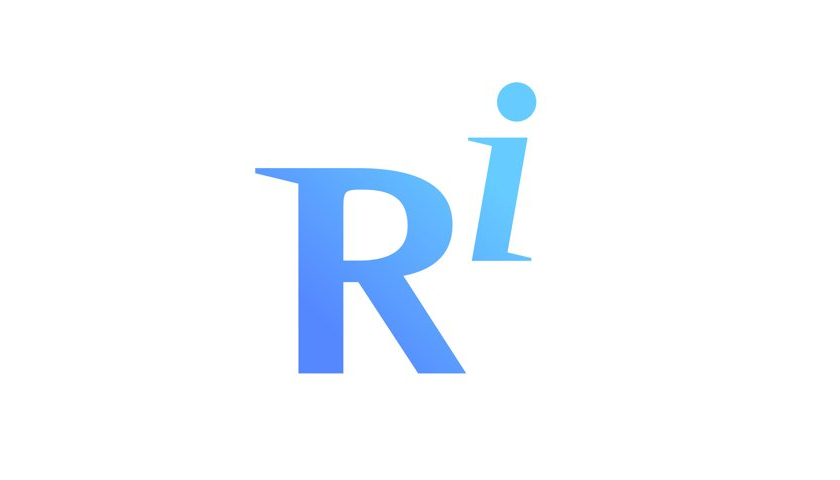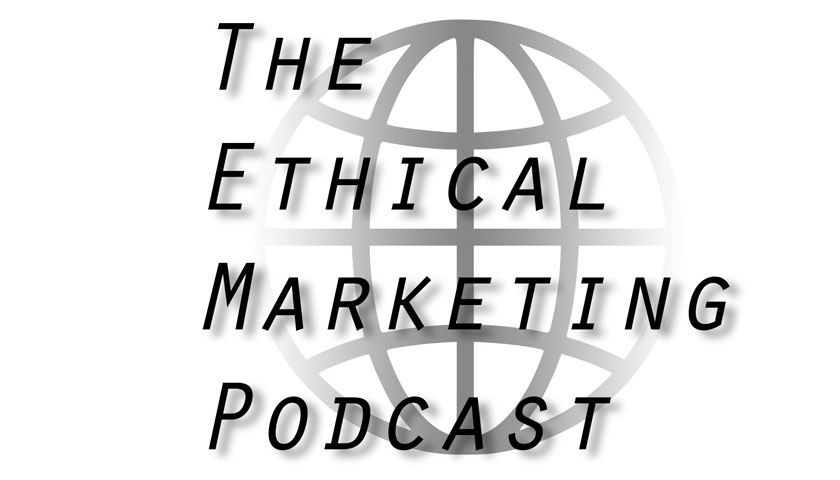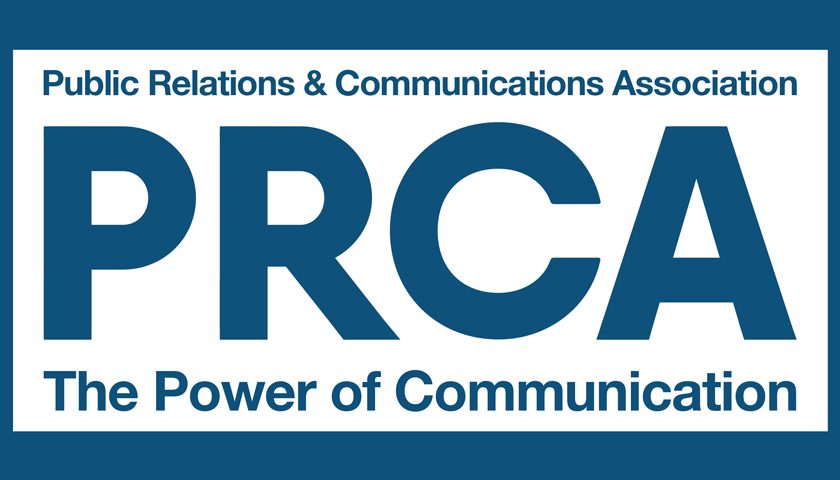The reputation recovery benefiting most major industries continues to escape the U.S. pharma industry, which remains under attack for a broad range of key stakeholder grievances, according to the 2019 U.S. Pharma RepTrak study from Reputation Institute. The yearly study – based on close to 1,900 reputation ratings of the largest and best-known pharma companies operating in the U.S. – revealed that along with the automotive industry, pharma is the only one not seeing a reputational increase year over year.
“The ever-increasing and highly publicized cost of drugs, the role of pharma companies in the opioid crisis, underperformance in workplace diversity and financial pressure stemming from the China-US trade tariffs continues to plague a U.S. pharma industry struggling to find its reputation footing,” said Sven Klingemann, Ph.D., research director at Reputation Institute, a technology-driven provider of reputation measurement and management services.
Of the companies rated in the U.S. Pharma RepTrak, only two — Bayer AG and Roche — achieved a strong reputation rating and topped the rankings as of early 2019 at number one and two, respectively. The remaining pharma companies achieved either an average or a weak rating.
Asked about potential keys for improving pharma companies’ reputations, Klingemann stress that “if pharma companies, and the industry as a whole, want to join the reputation recovery most other industries are enjoying, they need to spare no expense in educating and convincing stakeholders that they’re behaving ethically and with transparency – especially since the general public continues to show very low familiarity with the industry as a whole”.
Bayer AG – A Tale of Reputational Risk and Resilience
While Bayer AG, one of the world’s largest pharma companies, was ranked no. 1 in early 2019, the company has been thrust into the spotlight due to a wave of negative consumer and media sentiment related to its acquisition of Monsanto, the agrochemical and agricultural biotechnology corporation. The study’s findings show that Bayer’s reputation and support has indeed declined since early 2019 based on Reputation Institute’s monthly reputation tracking of the German pharma giant. But as of June 2019, the company had been able to not only maintain a strong reputation, but also to keep its number one ranking.
Bayer AG’s reputation has proven to be resilient, due in large part to the company’s historically deep emotional connection with consumers.
“Among other reasons, Bayer has been immensely successful in building its reputation by linking Bayer Aspirin – its flagship product and one which is familiar to consumers throughout the world – with improved heart health and saving lives. The company’s ‘heart health’ campaign has earned Bayer a bond with customers that is the envy of the pharma industry, “ said Klingemann. He added that “while Bayer’s strong reputation has served as a buffer against recent negative publicity, the company needs to double-down on its efforts to rebuild trust due to recent events so as to avoid further reputational softening.”
Companies interested in learning more about the 2019 U.S. Pharma RepTrak and accessing 2019 reputation scores should visit https://www.reputationinstitute.com/pharma-reptrak or https://reputationinstitute.com/contact.



